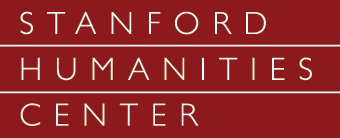Bio
Professor Wasow's interests include English syntax, psycholinguistics, and philosophy of linguistics. Much of his research investigates what leads people to formulate a sentence one way, when there is another way of saying the same thing. In particular, he explores alternative word orders allowable in English and the use of the words "that" and "to" where they are optional, making use of annotated corpora of speech and writing. This has led him to some general conclusions about language production strategies that facilitate communicative efficiency.
Key works
"A Corpus-driven Analysis of the Do-Be Construction" with Dan Flickinger. in The Core and the Periphery: Data-Driven Perspectives on Syntax Inspired by Ivan A. Sag, eds., Philip Hofmeister and Elisabeth Norcliffe 35-63. CSLI Publications, 2013
"The Appeal of the PDC Program" Frontiers in Language Sciences. 2013
"Performance-Compatible Competence Grammar" with I. Sag. Non-Transformational Syntax: Formal and Explicit Models of Grammar, eds Robert D. Borsley and Kersti Börjars. 359-377. Wiley-Blackwell, 2011
"Intensive and Quotative All: Something Old, Something New." With John R. Rickford, Isabelle Buchstaller, and Arnold Zwicky. American Speech 82.1.3-31, 2007
Syntactic Theory: A Formal Introduction, 2nd Edition. With I. Sag & E. Bender. Center for the Study of Language and Information (CSLI) Publications, 2003
Postverbal Behavior. Center for the Study of Language and Information (CSLI) Publications, 2002
Anaphora in Generative Grammar. Story-Scientia, 1979
Prof. Wasow in the News
Expertise
- Cognitive Science
- English Syntax
- Grammar
- Language Processing
- Linguistic Methodology
- Linguistics
- Philosophy of Linguistics
- Psycholinguistics
- Syntactic Theory
- Theory of Grammar


